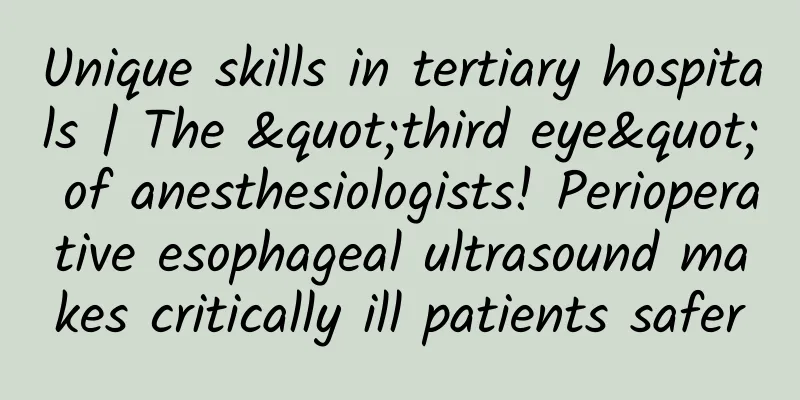How to prevent hand, foot and mouth disease?

|
1. Develop good hygiene habits 1) Wash your hands frequently: Wash your hands before your child eats and after defecating; wash your hands after contacting possible dirt, such as after sneezing or blowing your nose; wash your hands first after returning home from going out. Use running water and soap, and rub for more than 15-30 seconds. Caregivers should wash their hands before touching children, after tidying up children's toys, after changing children's diapers, and after cleaning up feces, and properly dispose of dirt. Family members should wash their hands, faces, and change clothes in time after returning home before touching the baby at home. 2) Pay attention to food hygiene: do not drink raw water, do not eat raw vegetables; fruits must be washed thoroughly, and it is best to peel them before eating; do not eat uncooked meat. 3) Disinfect the living environment and items regularly: For example, children's toys and tableware, those that can withstand high temperatures can be steamed or boiled; those that cannot withstand high temperatures can be exposed to the sun or disinfected with ultraviolet rays. You can also wipe with chlorine (bromine) disinfectants, but 75% alcohol is ineffective against enterovirus. Open windows for ventilation every day and dry clothes and quilts frequently. 4) Avoid contact with sick children and avoid crowded places: Especially in the season when diseases are prevalent, try not to join in the fun and do not take your children to play in crowded and poorly ventilated places. When playing outside, do not let your baby put his fingers in his mouth or touch public toys. 2. Hand, foot and mouth disease vaccination The hand, foot and mouth disease vaccine developed in my country is an inactivated vaccine against EV-71. The vaccination age is 6 months to 5 years old, with a total of 2 injections, at least 1 month apart. This vaccine can effectively prevent hand, foot and mouth disease caused by EV71 virus and reduce the occurrence of severe cases. Therefore, vaccination is very necessary. Because the younger the child, the greater the chance of severe hand, foot and mouth disease, so the earlier the vaccination, the better, it is recommended to complete the vaccination before the child is 1 year old. Studies have shown that after vaccination, the protection rate is over 90%, the effective protective antibodies can last for 5 years, and the vaccine strain has cross-protection against different subtypes of EV71. Therefore, for children who have completed the vaccination program and have indeed had hand, foot and mouth disease infected with EV-71, there is no need to vaccinate again. However, the vaccine has no cross-protection against hand, foot and mouth disease caused by other enteroviruses, which means that you may still get hand, foot and mouth disease after being vaccinated. You must also pay attention to good hygiene habits, which is the basis for preventing diseases. |
>>: What is media in computers? What is the abbreviation of the first electronic computer?
Recommend
What is the treatment plan for uterine fibroids?
Gynecological diseases are very harmful to women&...
A woman's eyebrows have vertical lines
Nowadays, every girl loves beauty very much and d...
Don't pick the stems when washing strawberries!
Too long to read When washing strawberries, do no...
Is it a pregnancy dream if a pregnant woman dreams of a tiger?
In the eyes of many people, tigers and lions are ...
What are the consequences of excessive sexual indulgence for women?
Nowadays, both men and women have a very open att...
What are the requirements for bathroom waterproofing? What are the points to pay attention to in bathroom waterproofing?
Before laying floor tiles during the renovation p...
Can pregnant women eat roast duck?
Women need to make reasonable adjustments in thei...
Swelling and pain after sex
Swelling and pain in women's private parts af...
What are the dangers of inner eyeliner?
Nowadays, many women who love beauty like to draw...
What should I do if I eat unripe mangoes? What is the glycemic index of mangoes?
Mango is one of the famous tropical fruits. It co...
What are the solutions to female sexual indifference?
Sex life is a very important part of our normal l...
Can I run to lose weight when I have my period?
Jogging is one of the most common sports that is ...
Can low GI foods really help you lose weight? Find out the truth in this article!
The ten pounds lost in the summer have not been l...
Urethra discomfort after urinating
Women experience urethral discomfort after urinat...
What are the surgical treatments for uterine tumors?
The incidence of uterine tumors is relatively hig...
![[Female Health] What should women eat to maintain their ovaries and uterus?](/upload/images/67ce225080947.webp)








